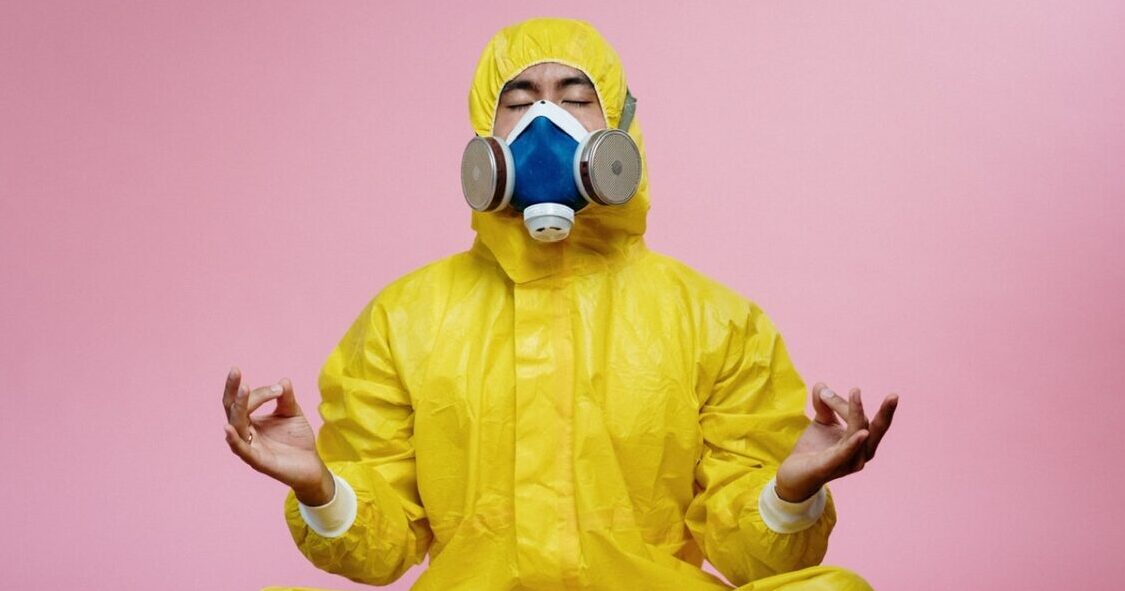
The Crisis We Didn’t Want But Might Have Needed: 10 Life Lessons from the COVID-19 Pandemic
For weeks now, I’ve repeatedly come to my computer with the intention of writing something about the current state of affairs in the world. More times than I can count, I’ve tried to grab hold of the thoughts swirling through my mind, hoping to spin them into something that makes sense. But every time I’ve ventured to try, I’ve walked away defeated. Clarity and creativity have been evasive, and I’ve found myself devoid of the verve and inspiration that typically find me once I sit down to write. In this way, and countless others, I’ve felt like a different version of the person I was before this whole thing started. It’s been one in a seemingly endless series of adaptations I’ve been forced to make—and I’d be lying if I said I’ve been gracious through the process.
Through my work as a therapist, I’m privileged to be reminded that I’m not alone in my struggle. The people I talk to every day share their own variations on the theme. They tell me about their frustration, their confusion, their fear, their grief. They lament the things they’ve had to let go of; they wrestle with the things they can’t understand. They search for ways to accept what’s happening and adjust accordingly.
It’s this ongoing process, of adjusting and accepting, that we’re all being challenged to endure. And none of us can deny the toll it’s taking. How do we respond to a world that’s changed more swiftly and dramatically than we ever could have anticipated? How do we find our footing on this foreign terrain we’re traversing? How do we make sense of the confusing and contradictory messages about what’s happening and what we should do about it? And how do we cope with what it’s all making us feel?
To confront these questions, and the many others we’re asking ourselves, can be overwhelming. None of us signed up for the disruption of life as we knew it. And none of us can soothe ourselves with any certainties about what lies ahead. In this way, what we’re going through collectively is an existential crisis that, for many of us, is unprecedented. Sure, we’ve all gone through personal struggles and faced hardships of various magnitudes. But none of us have lived through something with such a profound global impact. The idea that every human being on the planet is in some way, large or small, being affected by what’s happening right now is staggering. It’s enough to evoke a deep sense of dread. But at the same time, the universality of this crisis offers a rich opportunity to reflect on some inescapable truths of our existence. If we can manage to stay curious and open, we might find that this breakdown of what we knew can break us open to make room for valuable new understandings.
When I reflect on everything that’s happened and everything it’s revealed, I’m reminded of these unavoidable truths about our existence:
- We aren’t as in control as we want to believe we are
- We’re far more interconnected than we tend to realize
- We don’t need nearly as many material things as we’ve been conditioned to believe we do
- We all live in subjective realities, and truth is truly relative
- We’ve been terribly messy and irresponsible guests in the home our Earth has provided for us
- We tend not to appreciate what we’ve got until it’s gone
- We’re all together and all alone, all at the very same time
- We must adapt if we want to overcome
- We have little without our health (and mental health is as vital as physical health)
- We all, at some point or another, will die
Perhaps the most painful part of this experience is that it’s forced us to confront realities we so commonly aim to avoid. But if we can find the courage to see what’s left when comfort and certainty are stripped away, some profound understandings are likely to emerge—understandings that can infuse our lives with new meaning, bring us closer to our humanity, and help us stay grounded in the essential truths of this human experience. There’s no doubt this is testing us . . . but what is it teaching us?





